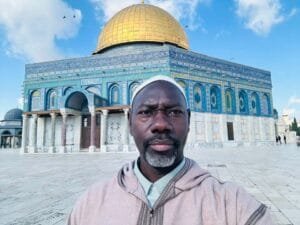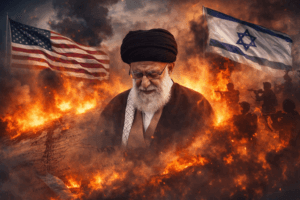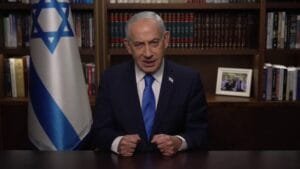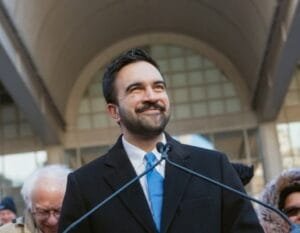Senegal prepares for presidential election amidst chaos
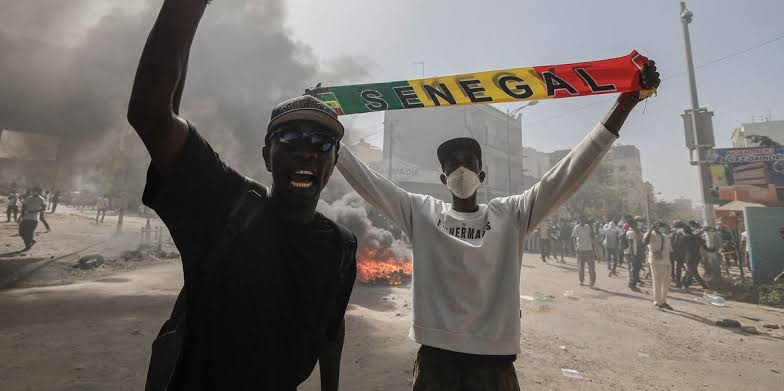
Seven million Senegalese citizens are poised to cast their votes in a significant presidential election scheduled for Sunday, amidst a backdrop of turmoil and uncertainty. The outcome of this election holds the key to steering Senegal away from years of unrest, while effectively managing the newfound revenues from recently discovered oil and gas reserves.
The campaigning period, characterized by its fervor, has been dramatically truncated following a last-minute alteration to the election date, leaving the 18 male and one female candidates with until Friday to make their final appeals to the electorate.

The political landscape has been electrified by a swiftly enacted amnesty law, resulting in the release of prominent opposition figures, Bassirou Diomaye Faye and the charismatic Ousmane Sonko, who have emerged as symbols of anti-establishment sentiment. Despite Sonko’s disqualification from standing, owing to his deputy Faye being on the ballot, voters perceive them as a unified force committed to equitable resource distribution. The absence of the incumbent president on the ballot signifies a departure from tradition, with the governing coalition’s candidate facing off against 18 contenders.
Senegal, often regarded as a bastion of democracy and stability in tumultuous West Africa, has experienced unrest following President Macky Sall’s decision to delay the presidential vote in February. Despite Sall’s initial intentions to eschew a third term bid in 2023, fears over the smooth conduct of the ballot prompted the postponement. The ensuing political crisis led to the intervention of the country’s constitutional authority, mandating a reset of the election date to March 24th.
The presidential race remains wide open, with candidates such as Amadou Ba and Bassirou Diomaye Faye positioning themselves as agents of change amidst a backdrop of economic and social tensions. The release of Sonko and Faye from prison has injected fresh energy into the campaign, with both candidates appealing to Senegal’s youthful demographic through nationalist rhetoric and promises of prosperity. However, concerns linger over the potential implications of newfound oil wealth, with fears of corruption and instability casting a shadow over the country’s future.
As Senegal braces for the pivotal election on Sunday, experts warn of potential tensions, particularly if a first-round victory for Ba or the failure of Faye to advance to the second round materializes. Provisional results are anticipated to be revealed overnight, marking a crucial juncture in Senegal’s political trajectory amidst hopes for a peaceful and prosperous future.










